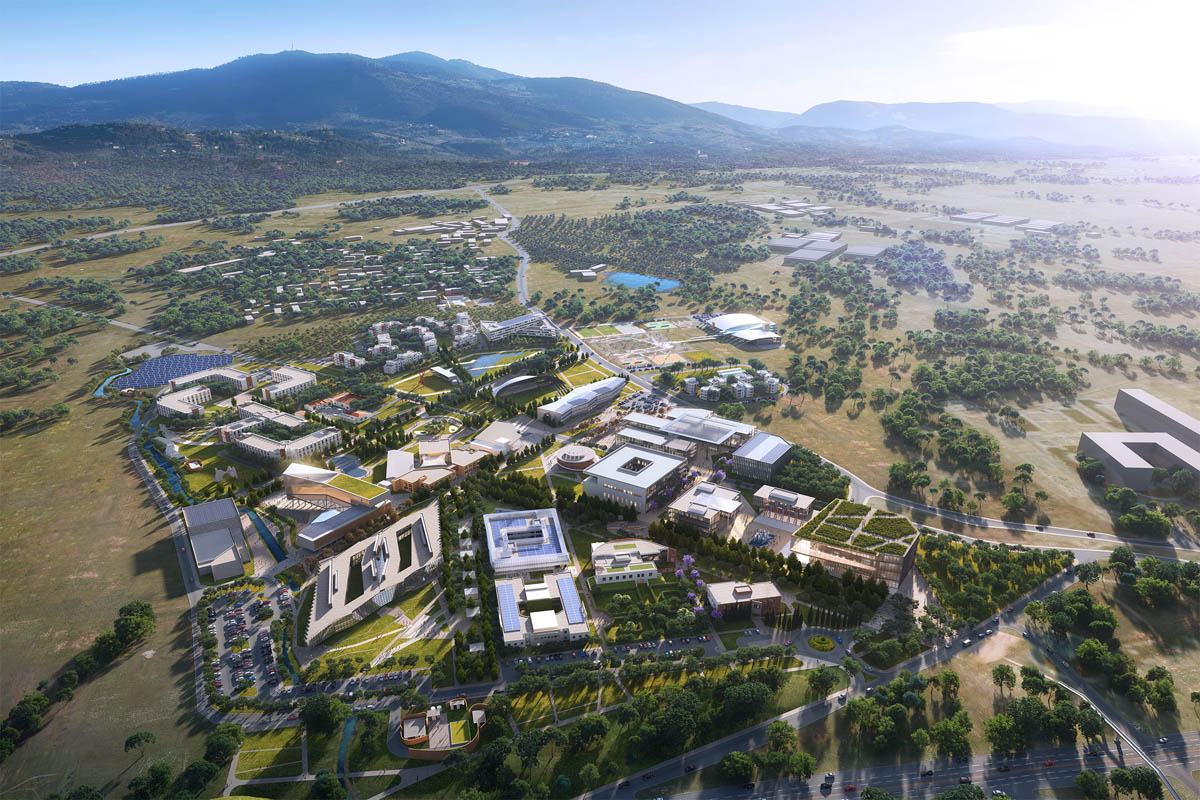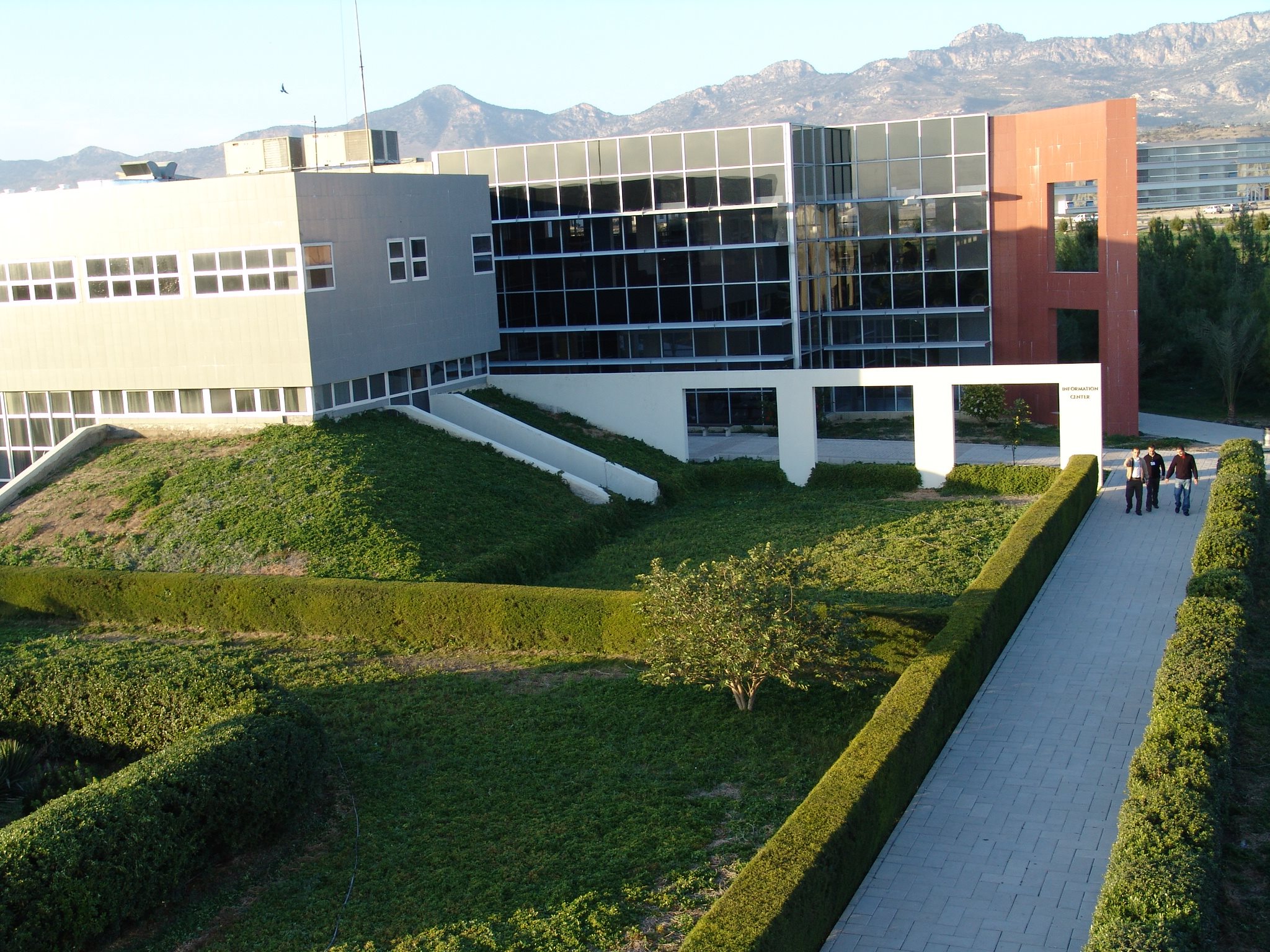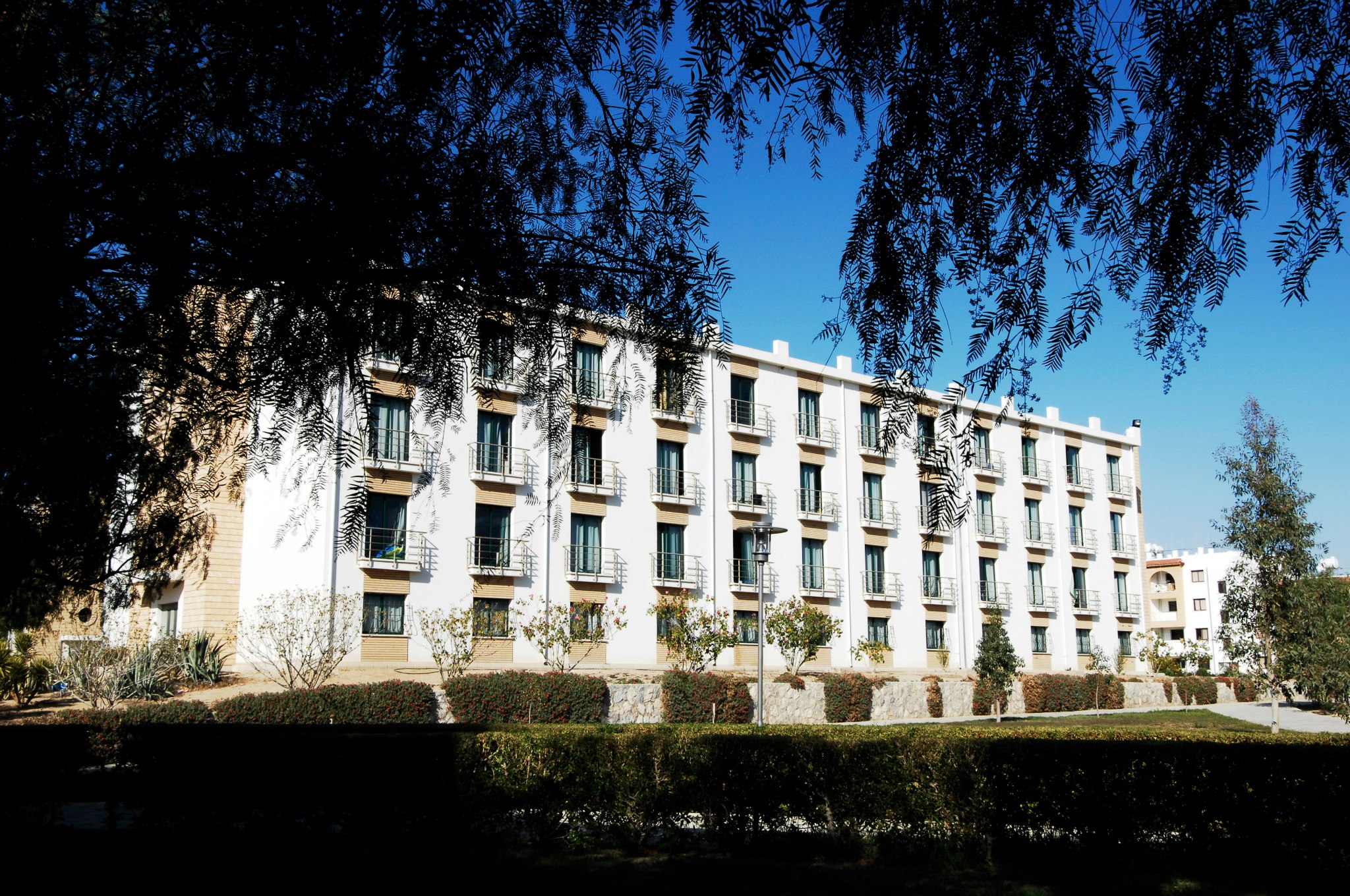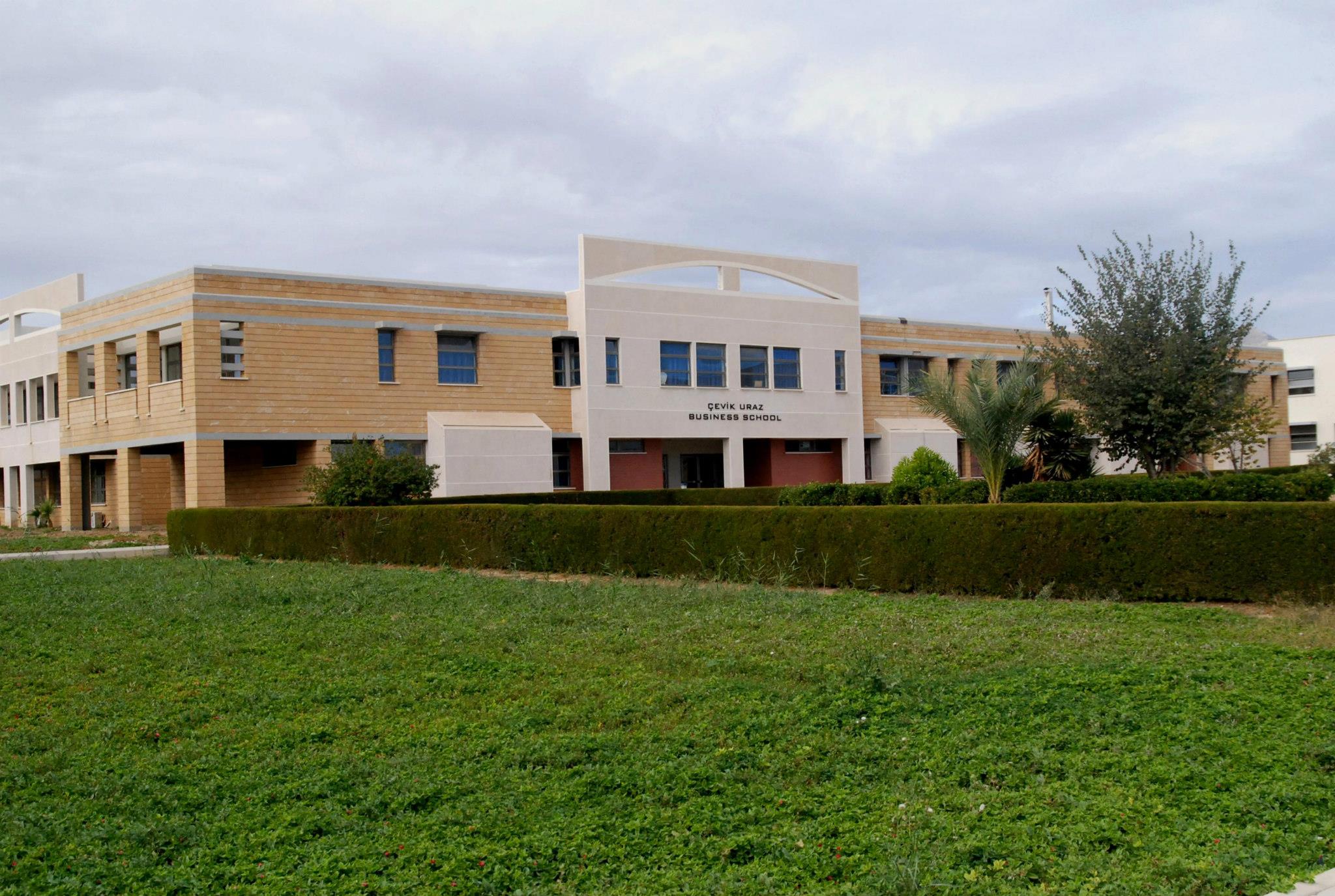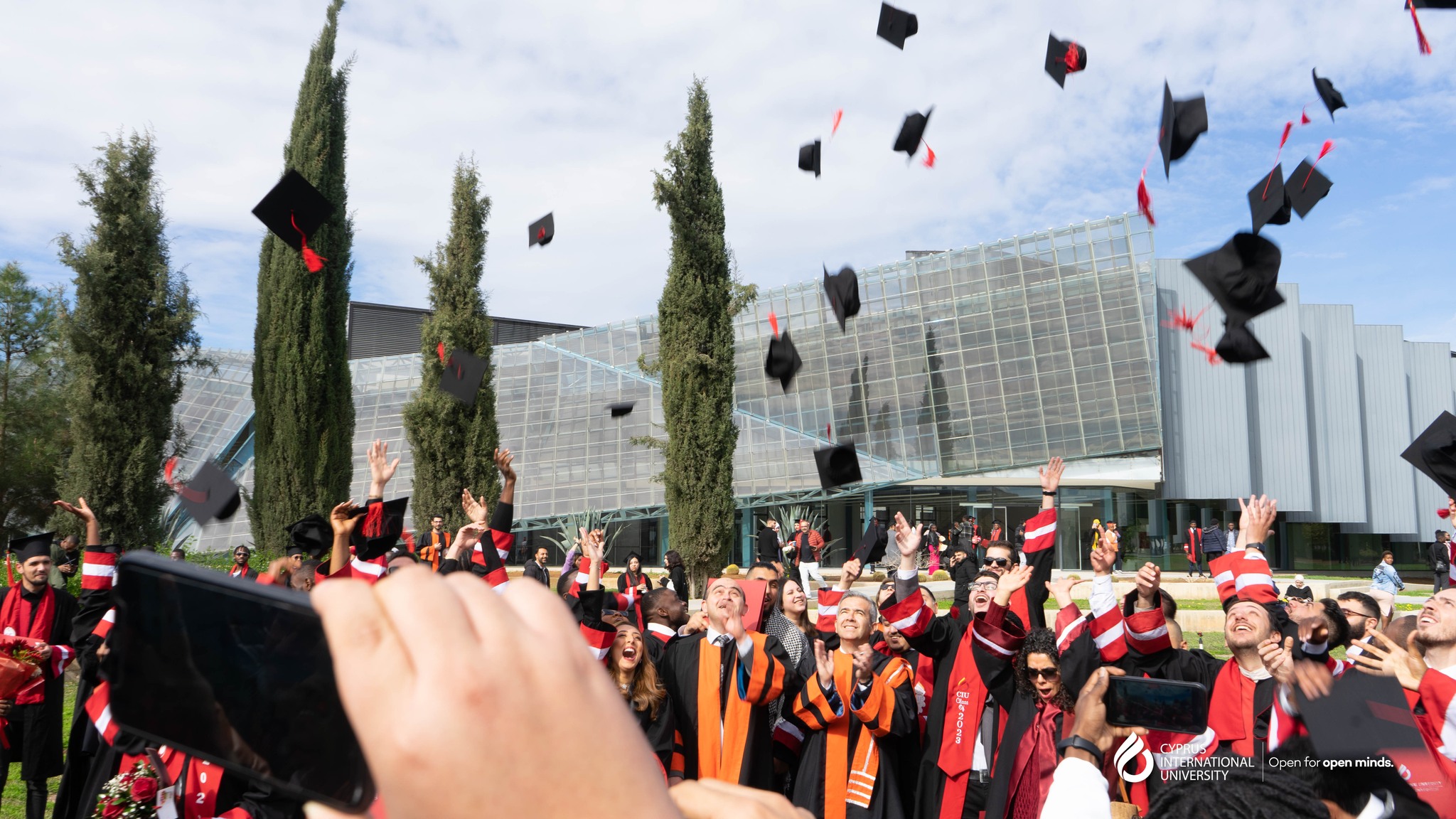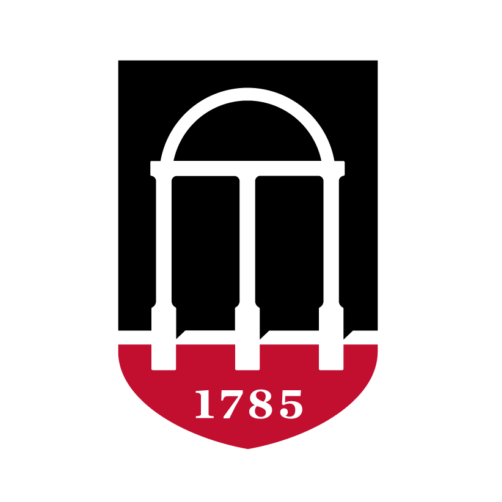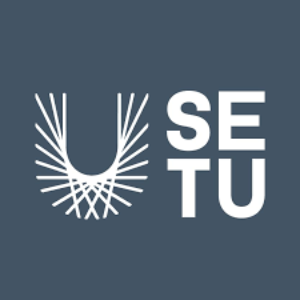COMPULSORY MODULES
FIRST SEMESTER
MEDICAL BIOLOGY
Course code
BIOL120
Credit
3
Theoretical
3
Practical
0
Ects
4
Medical biology course introduces student to principals and modern concepts of biology Animal biology topics are covered The main focus of the course is on cell and molecular biology which is essential to understand medical conditions The main topics are scientific methodology scientific research and assays universal features of cells internal organisation of the cell membrane structure cellular compartments DNA RNA and chromosome structure and function genome genetic diversity of genomes DNA replication repair and recombination how cells read the genome transcription and translation control of gene expression the mechanism of cell division are covered Mendel genetics and applications are also presented besides molecular bases of modern genetics Transmission genetics heredity and mutations are presented with gene expression and control
GENERAL CHEMISTRY
READING AND WRITING SKILLS-I
INTRODUCTION TO COMPUTERS
BASIC MATHEMATICS
INTRODUCTION TO PHARMACY
PHYSICS
BEHAVIORAL SCIENCES
TURKISH I:WRITING COMMUNICATION
TURKISH LANGUAGE-I
SECOND SEMESTER
ANATOMY -PHYSIOLOGY-I
ANALYTICAL CHEMISTRY I
ORGANIC CHEMISTRY
READING AND WRITING SKILLS-II
HISTOLOGY
PHARMACEUTICAL AND MEDICAL TERMINOLOGY
BIOSTATISTICS
TURKISH II:ORAL COMMUNICATION
TURKISH LANGUAGE-II
THIRD SEMESTER
ANATOMY- PHYSIOLOGY-II
ANALYTICAL CHEMISTRY II
BIOCHEMISTRY
PUBLIC HEALTH
HISTORY OF CIVILIZATION-I
PHARMACEUTICAL MICROBIOLOGY
PHARMACY PRACTICE
AREA ELECTIVE
ATATÜRK PRINCIPLES AND HISTORY OF TURKISH REFORMS-I
FOURTH SEMESTER
HISTORY OF CIVILIZATION-II
PATHOLOGY
PHARMACEUTICAL TECHNOLOGY-I
PHARMACEUTICAL CHEMISTRY-I
IMMUNOLOGY
PHARMACOLOGY-I
PHARMACEUTICAL BOTANY
ATATÜRK PRINCIPLES AND HISTORY OF TURKISH REFORMS-II
FIFTH SEMESTER
CLINICAL BIOCHEMISTRY
INTERNSHIP-I
PHARMACOGNOSY-I
PHARMACEUTICAL CHEMISTRY-II
PHARMACEUTICAL TECHNOLOGY-II
PHARMACOLOGY-II
AREA ELECTIVE
SIXTH SEMESTER
FIRST AID
PHARMACOGNOSY-II
PHARMACEUTICAL CHEMISTRY-III
PHARMACEUTICAL TECHNOLOGY-III
PHARMACEUTICAL TOXICOLOGY-I
PHARMACOLOGY-III
UNIVERSITY ELECTIVE
SEVENTH SEMESTER
PHARMACOECONOMICS
INTERNSHIP-II
PHARMACEUTICAL BIOTECHNOLOGY
PHARMACEUTICAL TECHNOLOGY-IV
PHARMACEUTICAL TOXICOLOGY-II
CLINICAL PHARMACY AND PHARMACEUTICAL CARE-I
AREA ELECTIVE
EIGHTH SEMESTER
BIOPHARMACEUTICS PHARMACOKINETICS
PHARMACY LEGISLATIONS
CLINICAL PHARMACY AND PHARMACEUTICAL CARE-II
COSMETICOLOGY
PHYTOTHERAPY
DEONTOLOGY AND ETHICS
AREA ELECTIVE
UNIVERSITY ELECTIVE
NINTH SEMESTER
TRAINING-III
GRADUATION PROJECT-I
COMMUNITY AND HOSPITAL PHARMACY SERVICES
TENTH SEMESTER
GRADUATION PROJECT-II
INTERNSHIP-IV
AREA ELECTIVE
AREA ELECTIVE
OPTIONAL MODULES
INTRODUCTION TO PHARMACEUTICAL TECHNOLOGY
Course code
PHAR217
Credit
2
Theoretical
2
Practical
0
Ects
2
Introduction to Pharmaceutical Technology course is provided to Pharmacy students in order to provide a formal introduction to the field This course is designed to introduce students to pharmaceutical technology and provide information on dosage forms The covered material includes various topics including dosage forms and classifications dose absorption and plasma profile Fick's law and diffusion Dose and additive action fugative action and synergistive action children's dose Additionally bioeqivalence patent pharmacokinetics factors affecting absorption dissolution rate and bioavailability storage labels and prescription metrology topics are covered Reference books are discussed in this course as well as the controled release dosage forms
PHARMACEUTICAL AND MEDICAL TERMINOLOGY
NON-PRESCRIPTION DRUG (OTC)
PHARMACEUTICAL NOMENCLATURE
TOXICOLOGICAL SIGNIFICANCE OF DRUG USE IN LIFE STAGES
DRUG SAFETY AND RISK ASSESSMENT IN DRUG USE
ETHNOBOTANY
MEDICAL LAW
CELL CULTURE TECHNIQUES
PHARMACOVIGILANCE AND DRUG INTERACTIONS
PHARMACOGENETICS AND PHARMACOGENOMICS
NEGLECTED TROPICAL DISEASES
DRUG DESIGN
DRUG ANALYSIS I
PRINCIPLES OF PHARMACEUTICAL CARE
LITERATURE SURVEY
TARGETED DRUG DELIVERY SYSTEMS
PROTEIN PRODUCTION BY RECOMBINANT DNA TECHNOLOGY
NEUROPHYSIOLOGY
OXIDATION AND ANTIOXIDATION
Show less

